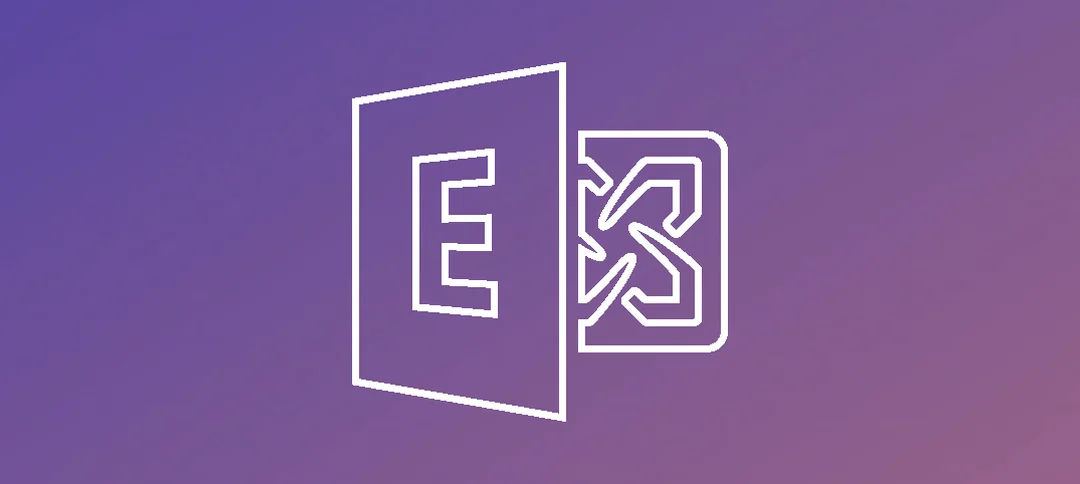In your Exchange 2013, you have setup everything and now you want to start administering your new environment, upon launching the Exchange Admin Center you enter your credentials and click login, you are then presented with the following error:

As a start you reboot the server, after a reboot, same problem still applies.
To start troubleshooting, we first need to look at IIS (Internet Information Services)
Open up IIS and then expand your server name and then expand sites and click on Default Web Site.
On the right hand side click bindings. We need to ensure that we have no strange IP addresses in the site bindings as shown below:

Now double click https and make sure that your SSL cert is set.

Next, click on Exchange Back End under sites and then click bindings on the right hand side.

Ensure that the port 444 has not changed and click Edit on the right hand side or double click it.
As mentioned above, ensure your SSL certificate is selected.
So in this case the bindings are correct.
The next thing we need to look at is redirection. This can give you the error listed above.

Expand your Default Web Site and click on ECP, you will see HTTP Redirect on the right hand side as shown above, double click on it.

As shown above, you will most likely have the checkbox ticked with a value in the field, un-tick the box and then click apply in the top right hand corner.
Lastly, reboot your server and then launch the EAC again, this time you should be able to login without a problem.
Hope it helps.
